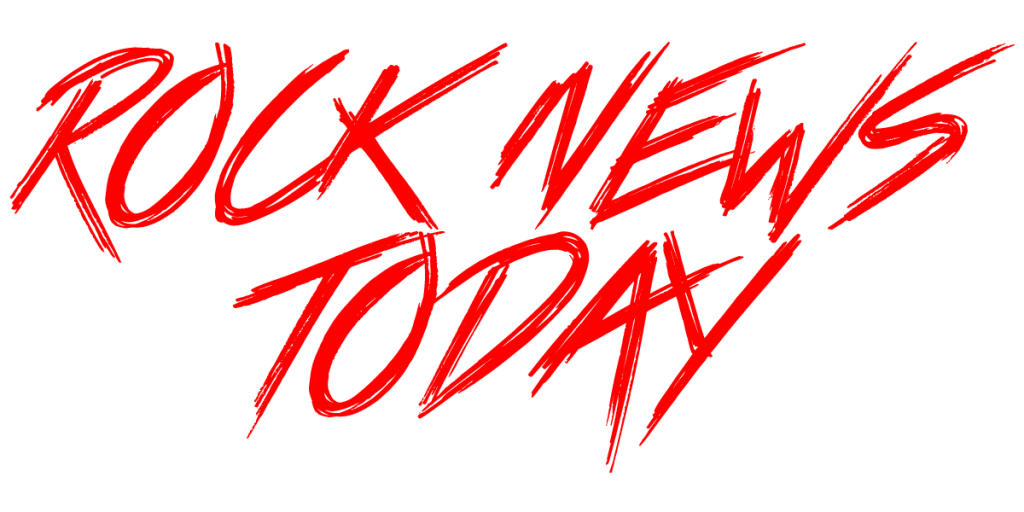11 essential Willie Dixon covers
These covers – by Stevie Ray Vaughan, Led Zeppelin, Jeff Beck, the Rolling Stones, Buddy Guy, Cream, and more – show the influence of this hugely important figure in blues and rock history
Although you probably don’t see too many celebrations of Willie Dixon online, we felt we needed to say something about this incredibly important figure in Chicago blues and rock history.
Dixon, who was born on July 1, 1915, was primarily a bassist and singer (who also played guitar). But he was a bassist and singer who happened to write hundreds of incredible, often dark, and eerie songs, several of which found their way into the catalogs of the biggest blues and rock artists of the ’60s, ’70s, ’80s, and beyond. These include Stevie Ray Vaughan, Led Zeppelin, Jeff Beck, the Rolling Stones, Buddy Guy, Cream (and Eric Clapton), the Doors, the Grateful Dead, Gary Moore, George Thorogood, Muddy Waters, Koko Taylor, and Howlin’ Wolf – to name just a few.
Today we’d like to celebrate Dixon by pointing out 10 noteworthy covers of his songs. In fact, let’s make it 11. I say noteworthy, as opposed to best, because there’s simply a staggering amount of recordings to consider (live and studio). Let’s just say you can’t possibly go wrong with these 11. Note that we’ve tried to include live versions of the songs, because they’re a hell of a lot more fun to watch than audio-only YouTube “videos.” Enjoy! P.S. Dixon died in 1992 at age 76.
